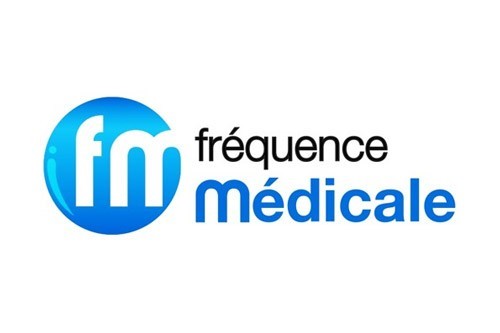
SEP: Traitement efficace pour lutter contre la progression de la sclérose en plaque ?
 Sur Fréquence Médicale : Sclérose en plaque : son origine liée à une modification de l’immunité par un désordre du microbiote intestinal.
Sur Fréquence Médicale : Sclérose en plaque : son origine liée à une modification de l’immunité par un désordre du microbiote intestinal.
Référence de la publication scientifique :
GDP-l-fucose synthase is a CD4+ T cell -specific autoantigen in DRB3*02:02 patients with multiple sclerosis Raquel Planas1, Radleigh Santos2, Paula Tomas-Ojer1, Carolina Cruciani1, Andreas Lutterotti1, Wolfgang Faigle1, Nicole Schaeren-Wiemers3, Carmen Espejo4, Herena Eixarch4, Clemencia Pinilla2, Roland Martin1 and Mireia Sospedra1, Science Translational Medicine 10 Oct 2018: Vol. 10, Issue 462, eaat4301 DOI: 10.1126/scitranslmed.aat4301
1 Neuroimmunology and MS Research (nims), Department of Neurology, University Hospital Zurich,Switzerland. 2Torrey Pines Institute for Molecular Studies, 11350 SW USA. 3 Department of Biomedicine, University Hospital Basel, Hebelstrasse 20, 4031 Basel, Switzerland. 4 S Servei de Neurologia-Neuroimmunologia, Centre d’Esclerosi Múltiple de Catalunya, Universitat Autònoma de Barcelona, 08035 Barcelona, *Corresponding author. Email:
Abstract
Multiple sclerosis is an immune-mediated autoimmune disease of the central nervous system that develops in genetically susceptible individuals and likely requires environmental triggers. The autoantigens and molecular mimics triggering the autoimmune response in multiple sclerosis remain incompletely understood. By using a brain-infiltrating CD4+ T cell clone that is clonally expanded in multiple sclerosis brain lesions and a systematic approach for the identification of its target antigens, positional scanning peptide libraries in combination with biometrical analysis, we have identified guanosine diphosphate (GDP)–l-fucose synthase as an autoantigen that is recognized by cerebrospinal fluid–infiltrating CD4+ T cells from HLA-DRB3*–positive patients. Significant associations were found between reactivity to GDP-l-fucose synthase peptides and DRB3*02:02 expression, along with reactivity against an immunodominant myelin basic protein peptide. These results, coupled with the cross-recognition of homologous peptides from gut microbiota, suggest a possible role of this antigen as an inducer or driver of pathogenic autoimmune responses in multiple sclerosis.
Voilà qui pourraient changer la vie des 2,3 millions de personnes atteintes d’une sclérose en plaque dans le monde. Des chercheurs suisses ont réussi à mettre au point un traitement efficace pour lutter contre la progression de la maladie sans présenter aucun effet secondaire indésirable, selon une étude parue mercredi 10 octobre dans le journal Science Transnational Medicine.
Mise à jour: 22/10/18
